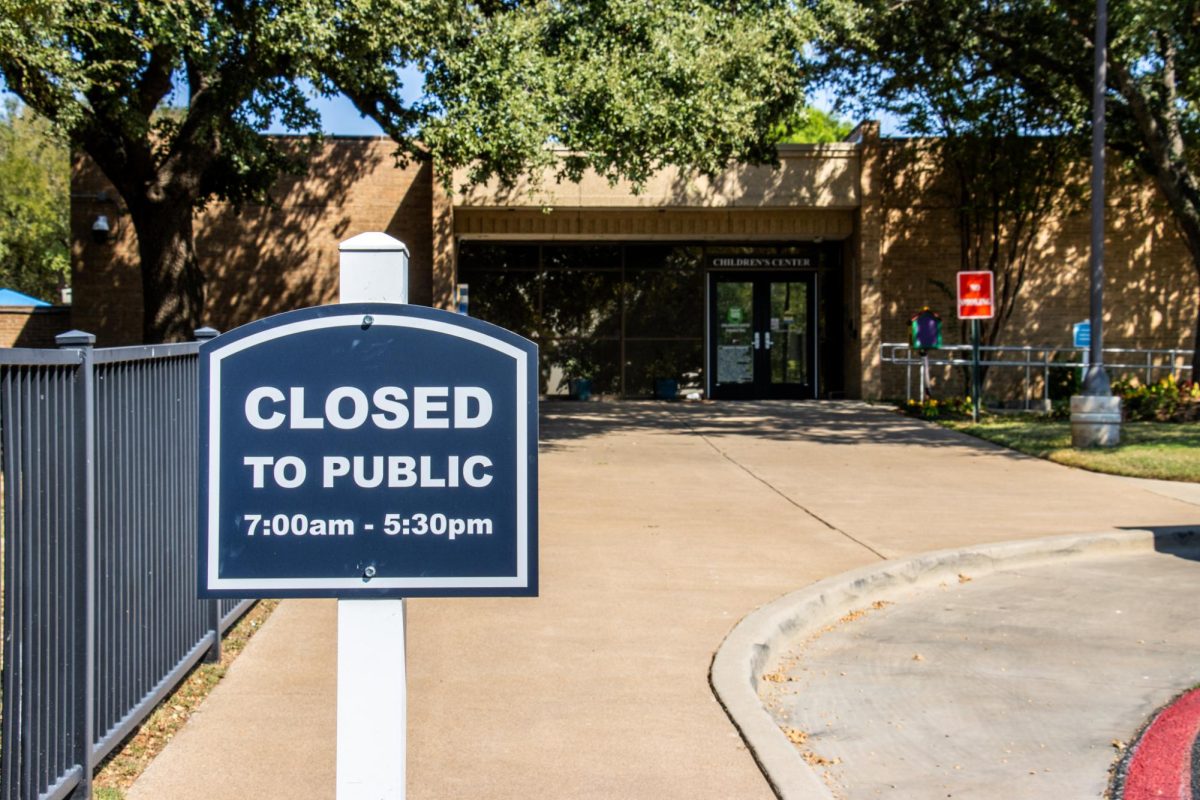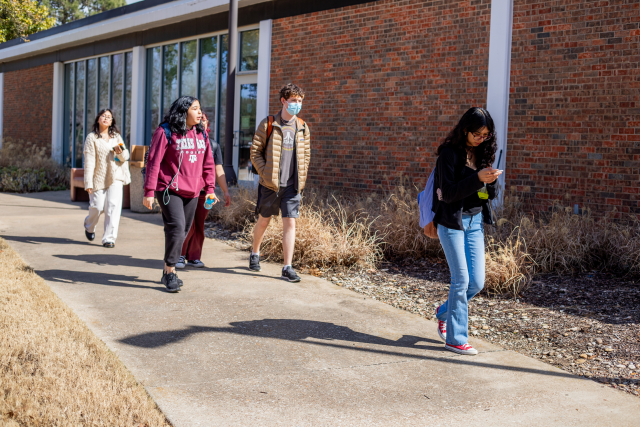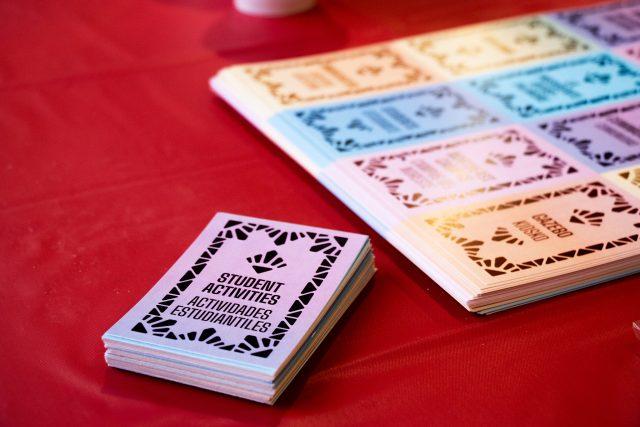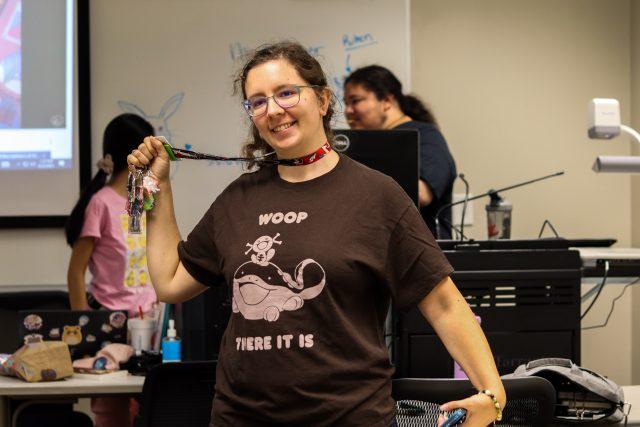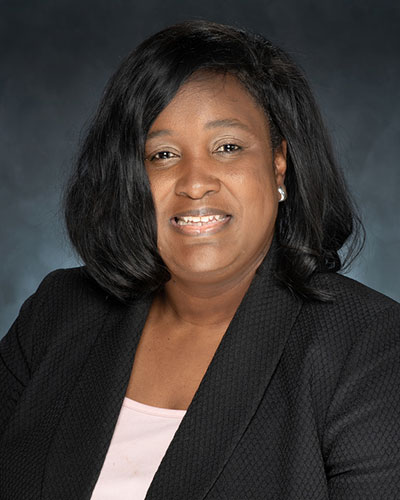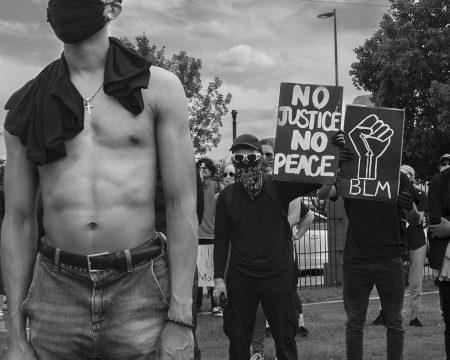
Johnathan Johnson/The Collegian
OLLA MOKHTAR
campus editor
olla.mokhtar@my.tccd.edu
Officers of the SE African Culture club and students shared their experiences of what it meant to see the Black Lives Matter movement seem less important to Americans today.
SE student Elizabeth Sajimi elaborated on what the movement meant to her.
“When BLM was introduced I thought that it was really necessary so our voices can be heard and we can bring changes to things that have been happening to the black community,” she said.
To the co-historian of the SE ACC Chioma Agunwah, BLM and the pandemic affected her life before and after 2020.
“During 2020, it was nothing to be worried about because we’re all at home,” Agunwah said. “Now, I don’t have to follow the same rules and can wear darker colors, but I still can’t wear a hoodie outside and can’t come home late. We’ve been doing the same thing before but COVID-19 paused it for us.”
Co-historian Lola ALoka believed that it affected her on more of a digital platform.
“Racism doesn’t stop even if you’re at home, it just moved to the internet,” Aloka said. “Whether it’s Instagram or TikTok, COVID-19 sheltered me from the physical standpoint but I was exposed to it more online.”
She believes that the importance of BLM should have continued on even after the pandemic.
“We’ve been dealing with this since Africans were brought to America on ships so this isn’t anything new, there should have been that ongoing conversation that carries out for a while,” Aloka said. “It still happens till this day. It’s a conversation that needs to be had to prevent it.”
Agunwah also commented on how BLM is no longer kept in what should be, according to Aloka, an ongoing conversation.
“Everybody posted that black square, everyone put BLM inside their bios. It was a trend everyone wanted to do and it was performative at the end of the day because if you check anyone’s account now, it’s not there anymore,” she said.
Along with believing it should be a continuing discussion, Aloka explained why she thinks the BLM movement didn’t “stick”.
“I think the reason why it didn’t stick after 2020 was because people didn’t really understand the meaning behind it,” she said. “I did feel like my life was a trend and people need to know that it’s not a trend. This is something that constantly needs to be put out there and people forget that it’s actually serious and these are people’s lives we’re talking about.”
The activism to Aloka was seen as an opportunistic trend that did not genuinely support BLM and tied into “cancel culture”.
“Most of the influencers who posted are not supportive people as a whole, I feel like a lot of people also posted to not be canceled because cancel culture was on the rise at that time,” she said. “It was just like post this to have no problems with the internet.”
According to Agunwah and Aloka, posting was seen as corny but should not have been.
“I think it’s a very immature way of thinking and a very bad mindset because, yes, it [BLM] happened in 2020, but that doesn’t mean that it [violence] stopped,” Aloka said.
Agunwah agreed and believes that perspective is missing in that sort of mindset.
“We still have people who face it [racially motivated violence] everyday, at school, in their communities and neighborhoods,” she said. “When they get that feeling of being racially profiled, they will never have that kind of thought again. When you say BLM is corny, you’re saying a Black life is corny. That’s offensive and morally wrong, it’s ignorant in a way.”
Along with Agunwah, Aloka understand that not everyone agrees with her.
“And this is just how I feel and know a lot of other people who don’t feel this way. But you can’t educate those type of people who are ready to learn in this sense,” she said.
Agunwah wished for many things, she wished that things were different, and that the violence towards Black people didn’t happen in the first place. She also wished people didn’t teach their kids to hate but believes that everything happens for a reason and people are able to learn from their mistakes.

























